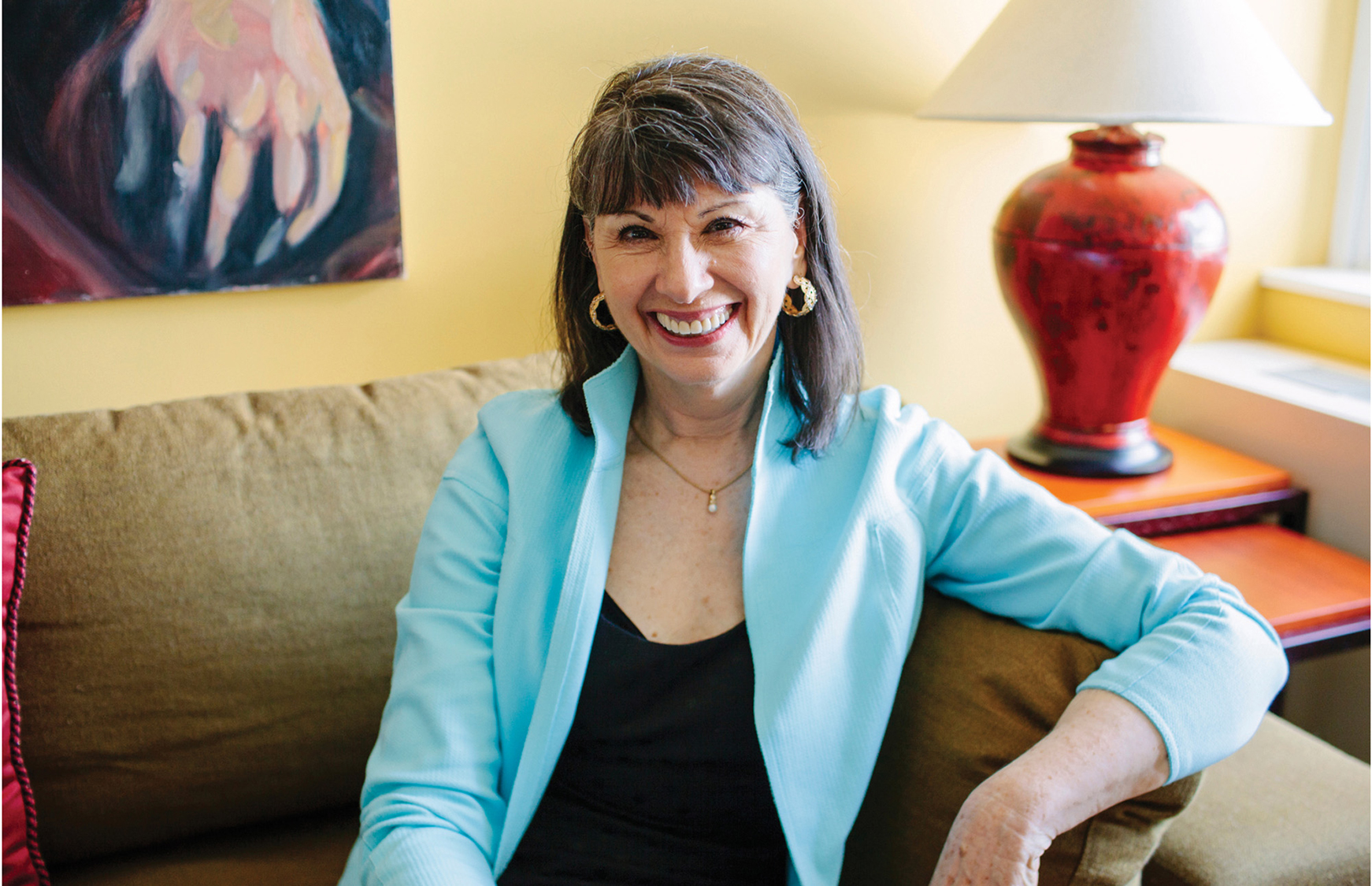What do we consider normal—heading to college following high school graduation, and getting a job after that? Or waiting and experimenting before we go off into the world? Everybody’s definition of normal is different and no one journey is the same.
Gloria Feldt, motivational speaker extraordinaire, had her own way of bursting into the professional world. Unlike many others, her path didn’t begin right after college, but rather before she even got her B.A, at the age of 20 with three kids to take care of. She found a part-time job that allowed her to raise her children and, in the process, earn a living. Gloria then started working for Head Start and low-income youth, where a mentor pushed her to achieve her goals more than she even thought possible. Years later, as a fervent activist for women, Gloria is a sought-after motivational speaker who spends her time analyzing and writing about women and their relation to power. Talk about a role model!
Gloria is a true leader whose unwavering dedication has paved the way for numerous women looking to be assertive in a tough world. If that’s not a Career Contessa, we don’t know what is!
Her Starting Point
What was your first post-grad job? How did you land that position?
This assumes I led the “normal” life and went to college before starting out professionally. I had a different trajectory, having married and had three children by age 20, then starting college. At first I only had access to a community college, so it took 12 years to get my bachelor’s degree. After I got my broadcasting license via community college, my first job was working at an FM radio station owned by a friend. I asked him for the job because I could flex my schedule around my children and my husband’s working hours. I worked part-time there for about two years, mostly nights and Sunday afternoons. On Sunday afternoons I ran a classical music show. The music was recorded so I didn’t have to worry about that, but often listeners would call and ask questions. I knew very little about classical music but I would grab the description and try to sound reasonably informed.
Name a woman who has inspired you, and tell us how her influence has affected your career choices. How did having a mentor early in your career help with your future goals?
My next job after the radio station was teaching Head Start, a preschool program for low-income children. The late Mildred Chaffin was the director. She didn’t inspire me so much as push me to do things I never would have thought I could do. She saw in me more than I saw in myself. When she asked, or rather insisted, that I develop a parent-child interaction program and present the results as part of a national initiative, I learned I could conceive and lead a project to fruition. That helped me have the confidence to take on other challenges and opportunities. I learned to “just say yes.” And that has led to many exciting adventures.
Describe the process, from idea to publication, of your book, No Excuses: Nine Ways Women Can Change How We Think About Power.
No Excuses required a lifetime of learning and several decades of being an activist for women. The specific idea came after I wrote an article for ELLE Magazine in 2008 about women running for office, and I learned the real story is that they don’t. I concluded the reason women have been stuck at 18% of top leadership positions across all sectors for almost 20 years is an ambivalent relationship with power. Then I realized that the same dynamics that hold women back in politics are at work in business and professional life and even personal life.
As a practical activist I didn’t want to write another book that told women what’s wrong with us—I wanted to explain the problem and then offer solutions, tips and tools real women could use immediately to break through to leadership parity. My book agent liked the idea, so I wrote the proposal in the first half of 2009, we sold it to Seal Press in the fall of that year and the book was published in October of 2010. It came out in paperback in 2012 with some updates, including questions for book groups in it.
Her Big Break
What gave you the final push to create the Take the Lead movement? What was your first step in creating it?
My plan was to start on my next book (about why America has such a bad relationship with sex) as soon as I finished my book tour with No Excuses. But I found that I was asked to speak increasingly often about the topics of women, power and leadership, and soon I was being asked to turn that material into workshops and trainings and even a college course at Arizona State University.
Because I enjoy teaching, I kept developing more materials. And then in 2012, a friend and I decided that since the problems had been studied ad infinitum, someone needed to make the solutions happen on a big scale and with a stake in the ground commitment of parity—women having their fair and equal share of leadership positions across all sectors by 2025.
You are constantly in the spotlight as a leader and public speaker. From your experiences, how have you learned to remain calm under pressure? Do you have any tips for young women who may be intimidated by a crowd or a job interview?
We grow our courage muscles like we grow our physical muscles—by using them. The way to get over being intimidated is to do the thing that intimidates you until it loses its power to inhibit you. Eleanor Roosevelt said we should do something we fear every day. That’s very good advice.
You’ve given many inspirational speeches. How do you stay motivated? How do you decide what your talk will focus on?
I stay motivated by working on challenges that are larger than myself. I find it energizing and inspiring to have a part in making social change for the better. Before I do a talk, I confer with the group that is hiring me to find out what their goals are and I customize my presentation for them. But I do always try to inspire people to aim high, take risks, and realize that what they do when they take on leadership roles is more than what they do as individuals—it paves the way for the next woman.
If we had the chance to peek at your schedule, what would an average day look like?
Ha! There is no average day. A few givens: I do not do breakfast meetings. I do exercise every day, preferably in the morning. I work at home. I try to schedule meetings that must be away from home for teatime when I am less productive with my writing and the many other tasks I manage for Take The Lead events.
Her Perspective
Translating passion into a career is tough. What advice would you give to women trying to figure this out?
If your passion can become your career or vice versa, that is ideal. If not, like other appointments, you could try blocking out specific amounts of time to devote to your passions.
What has been the most rewarding aspect of your career?
The two things I derive most of my personal rewards from currently are delivering a great speech that moves an audience to take action and being alone writing. Sounds odd and paradoxical, doesn’t it? I have always loved doing things others say are impossible, like getting legislation passed to require contraceptive coverage by insurance plans, and turning around an entire organizational mindset so that it believed it could actually achieve such proactive legislation.
What has been the biggest challenge of your career?
I think the biggest challenge for anyone in a leadership role is to create the meaning, and the framework in which others can do their jobs. I can’t accomplish much of anything by myself.
Right now I am doing that for Take The Lead. It has a big vision and we will achieve it—but it’s going to be a wild ride and we need all the help we can get. Yes, this is a blatant invitation to Career Contessa readers!
What’s next for you? Do you feel that your role as a women’s advocate is changing?
Growing Take The Lead to the scale necessary to reach its ambitious goals. I believe that will be my best legacy. Then, I’ll finally get onto that next book.
You May Also Like
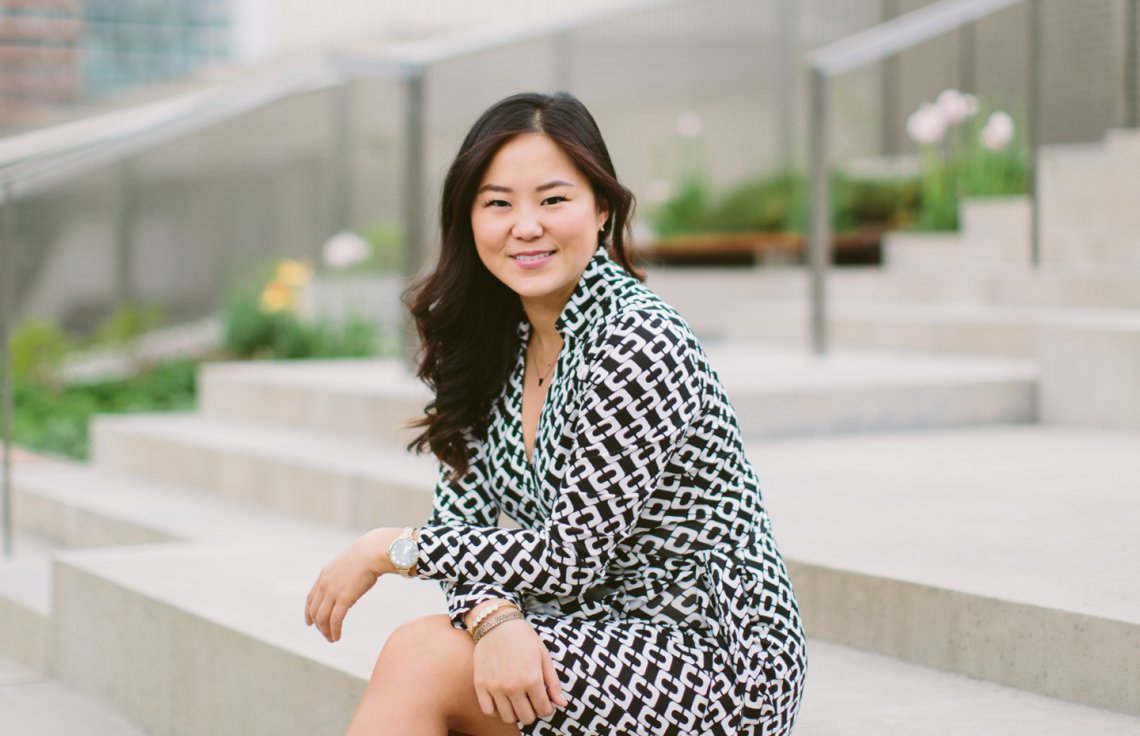
Government + Public Policy
How to Become a Foreign Service Officer
Ever wondered what it would be like to work in Foreign Affairs? Gloria Chou knows, and she's spilling.

Government + Public Policy
Noor Elkhaldi on Taking a Break From School to Work as an SVU Counselor
"You cannot care for others if you do not care for yourself."
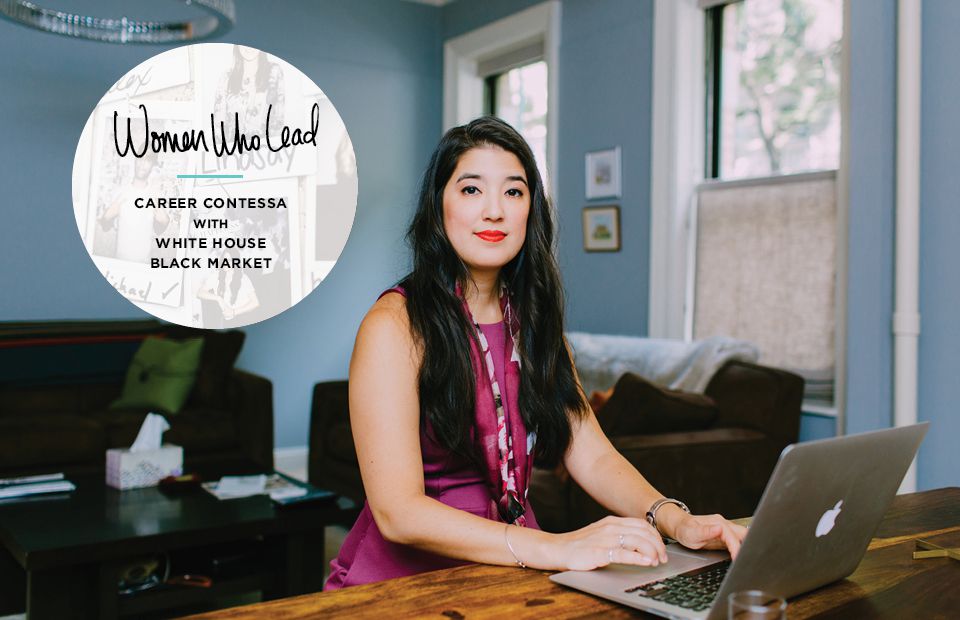
Consumer Services, Education, Finance
Women Who Lead: Alexandra Dickinson, Founder and CEO of Ask For It
On taking risks and asking for more—always.
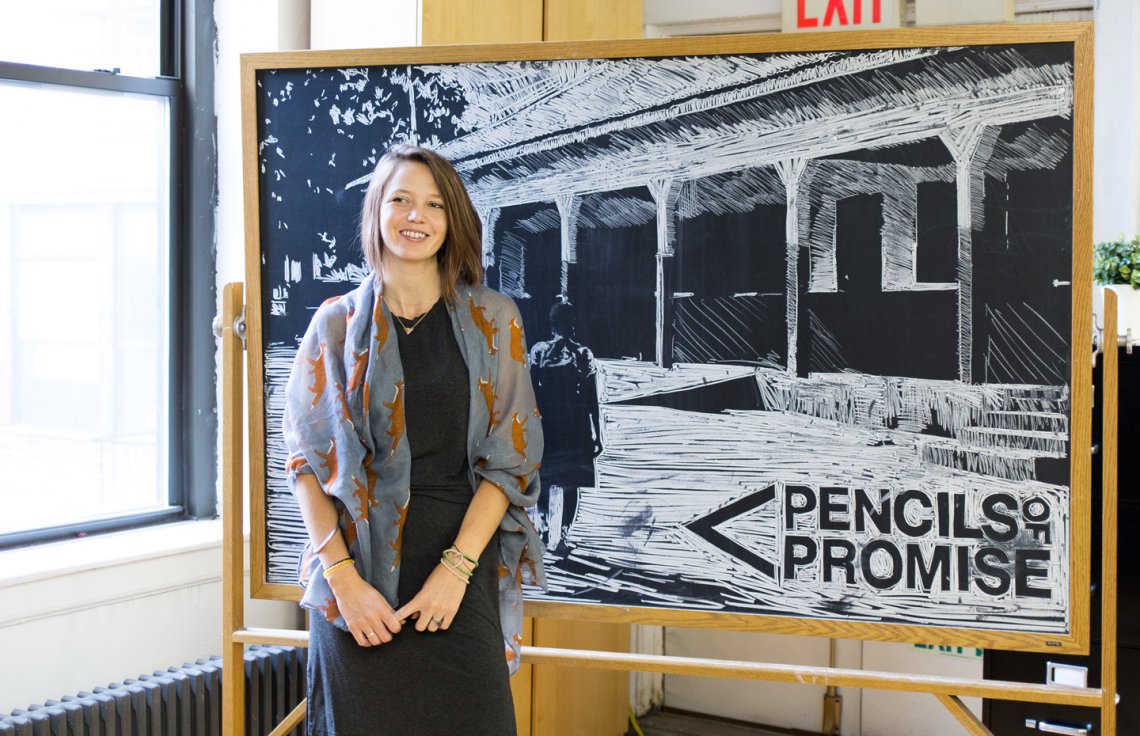
Nonprofit, Social Responsibility
Leslie Engle Young on What a Director of Impact Actually Does
This philanthropic globetrotter found her dream career working at Pencils of Promise.
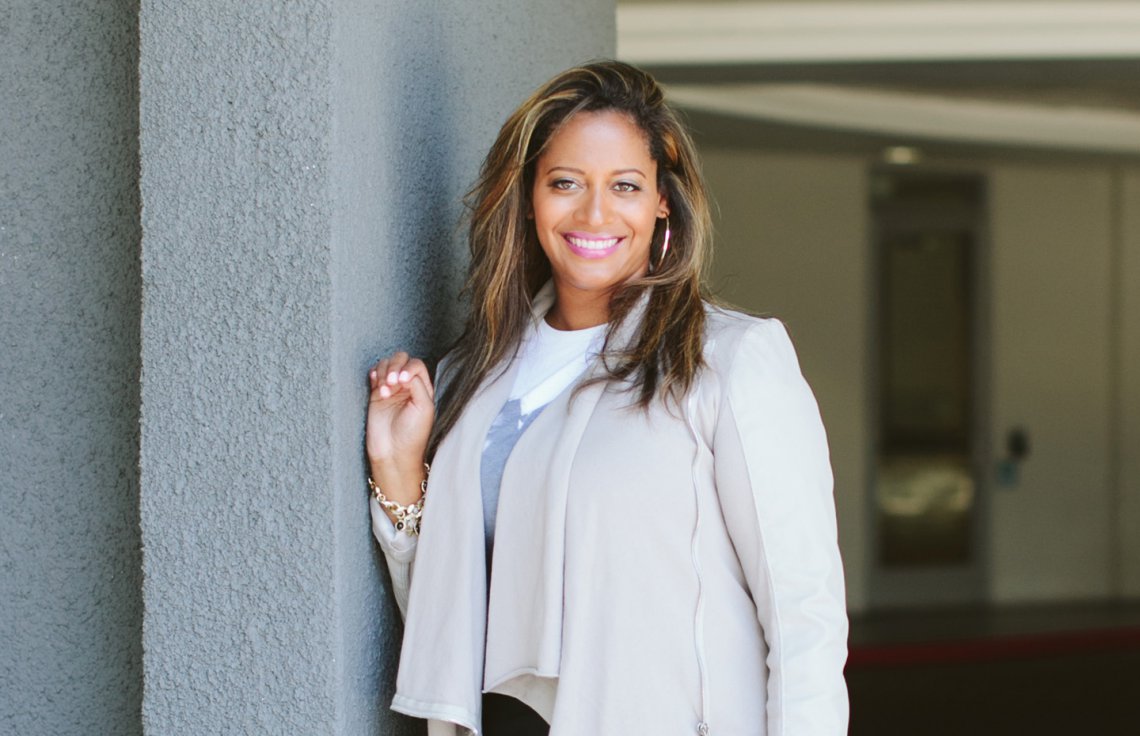
Entertainment, Government + Public Policy
Meet the Woman Behind Your Favorite T.V.
See how Candace's legal background has helped her climb the ladder to a director role at Sony Pictures.

Government + Public Policy
This Millennial Entrepreneur Talks Politics, Activism, and...How to Vote?
Election season's almost over, but Maria Yuan's company, IssueVoter, is just getting started.
Get the Best Career Advice Delivered To Your Inbox
Join our newsletter to stay in the loop.
